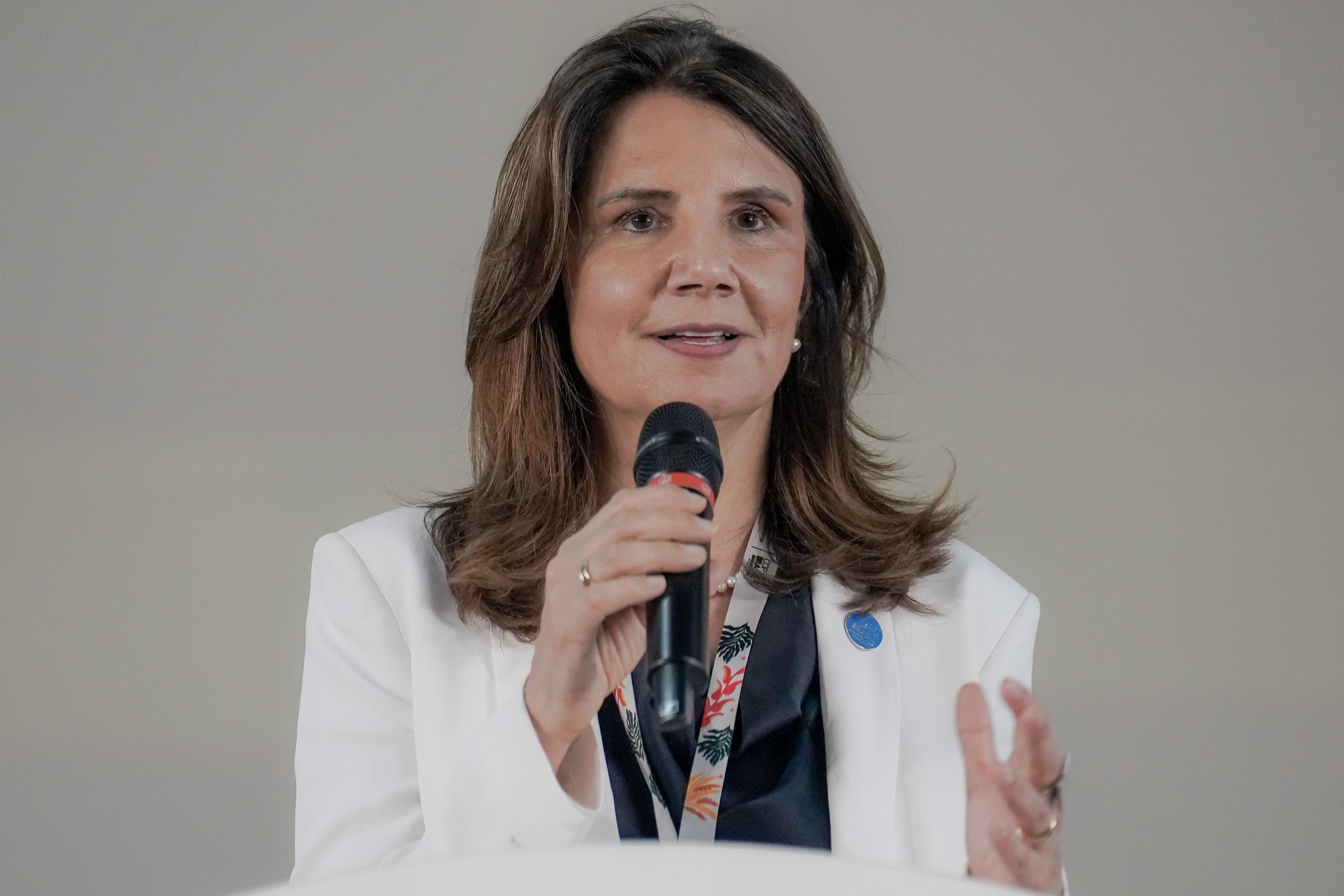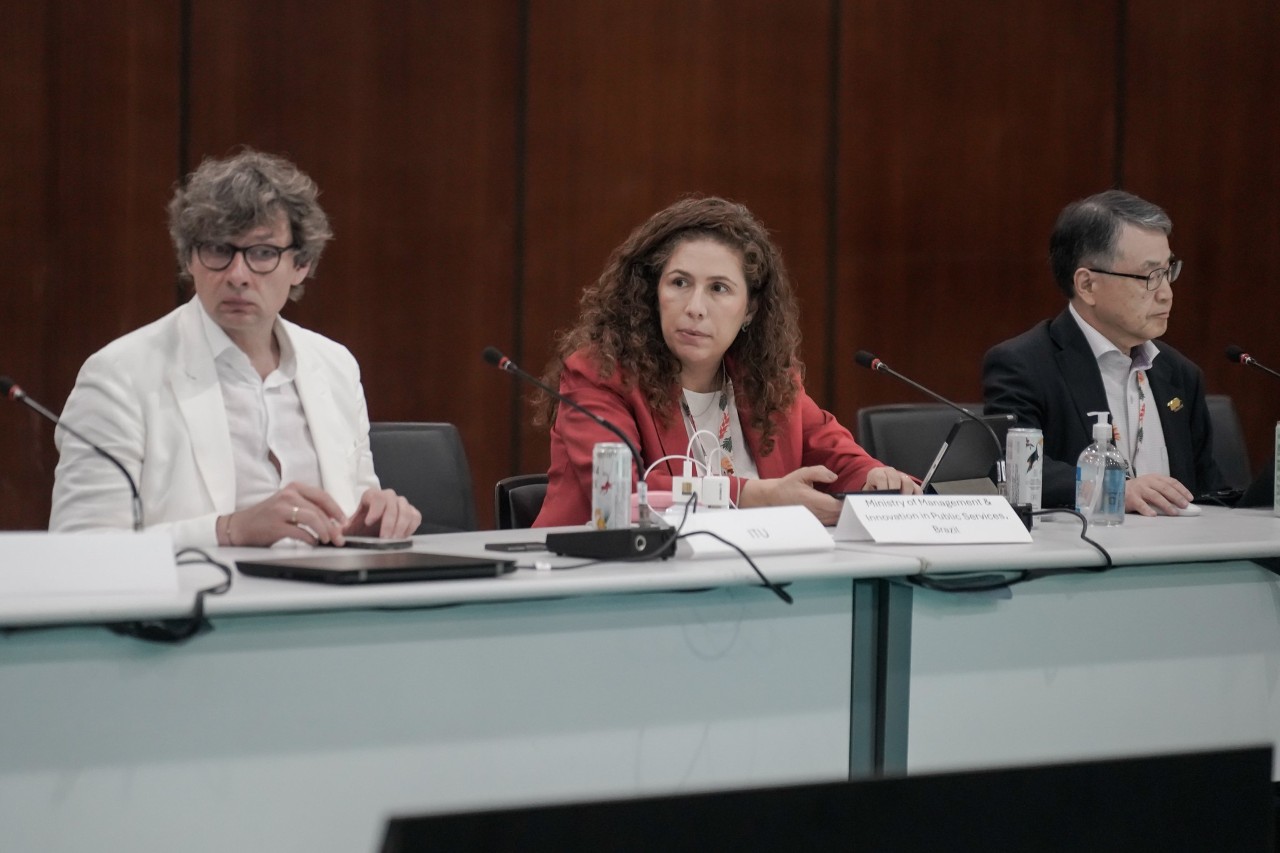COP30 Highlights Technology as a Strategic Ally in Tackling the Climate Crisis
On the first day of the conference, the use of technology to help people cope with the impacts of climate change took center stage in the discussions. Brazil shared solutions such as early warnings for extreme weather events

By Mayara Souto/COP30
This Monday, November 10, during Science and Technology Day, technology was highlighted as a key ally in combating climate change. "The discussion about technology is essential. At a conference focused on implementing and accelerating climate action, technology enables us to achieve the necessary scale and speed," said COP30 CEO Ana Toni.
One of the day’s highlights was the launch of the Green Digital Action Hub — a platform that supports technological climate solutions in 82 countries. The initiative stems from the Green Digital Action Declaration, agreed upon by 82 countries and 1,800 organizations at COP29 in Azerbaijan.
“The Green Digital Action Hub, or GDA Hub, brings together multiple actors, including the World Bank, the European Green Deal Coalition, the German Agency for International Cooperation, the Coalition for Digital Environmental Sustainability, and the Global Green Growth Institute — under Brazilian leadership,” explained Mr. Tomas Lamanauskas, Deputy Secretary-General of the International Telecommunication Union (ITU).
During the same session, the Artificial Intelligence (AI) Institute was launched — a global initiative that aims to support governments in developing technology-based solutions for climate action.
“Our goal is to ensure that this global effort to integrate digital tools into climate solutions moves forward in a coordinated way, making sure that digital technologies are sustainable and truly contribute to addressing the climate crisis,” added Mr. Tomas.
Success Stories

Brazil’s technological solutions were cited as key tools in confronting the climate crisis, such as the Civil Defense system that issues alerts for extreme weather risks. Minister of Management and Innovation Ms. Esther Dweck recalled the floods that struck Rio Grande do Sul last year, when the gov.br platform served as a digital ID wallet for those who had lost their documents and as a channel for social benefit distribution.
“We managed to implement a benefits payment system in six days. This was possible because we integrated the payment system infrastructure with the identity system and additional structures for identifying people in emergencies. We are preparing a case study to document this process, as an inspiration and reference for others to replicate and mitigate the negative effects of climate change,” stressed Ms. Dweck.
The minister announced that this Tuesday, November 11, Brazil will launch, through the Action Agenda, a Public Digital Infrastructure (DPI) and Digital Public Goods (DPG) Acceleration Plan. “This is part of a broader agenda for transforming and improving the State. We understand the importance of building joint and shared solutions,” she concluded.
English version: Trad. Bárbara Menezes.
Proofreading by Enrique Villamil.
